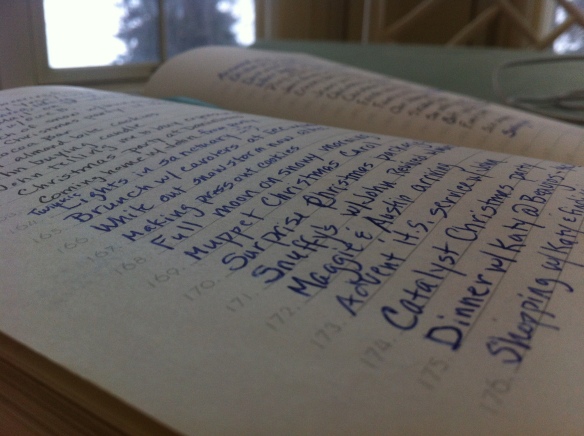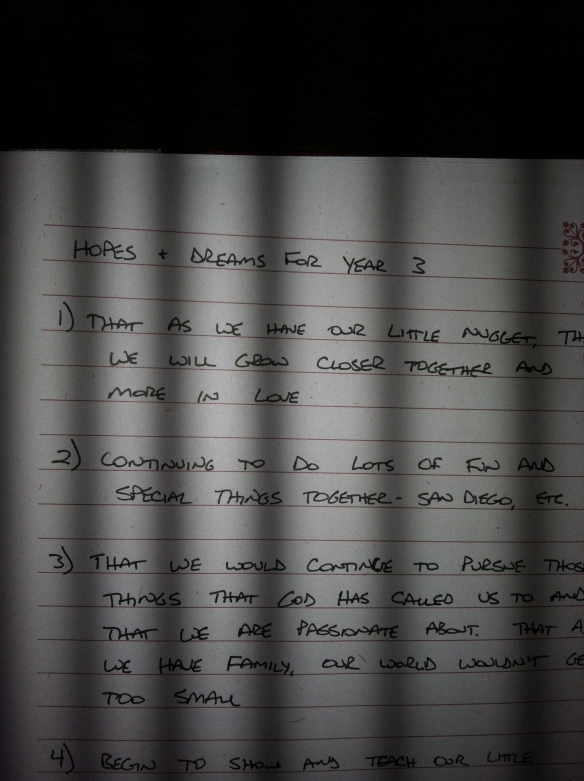It’s summertime, which for me conjures up memories of being at the “Lake House” with my cousins, perpetually in a wet swim suit, rarely out of the lake. One of the many games we would play was “who-can-hold-their-breath-longest-without-dying”.
Ok, it wasn’t a real active game, but you know…simple pleasures. And nobody actually died so our parents considered it a win.
Sometimes, as adults, without even thinking about it, we play life like the “who-can-hold-their-breath-longest-without-dying” game.
When I started running, I became much more aware of the importance of rhythm and rest, and basics. Like breathing. And not holding our breath til we, you know, pass out.
This is not about Sabbath, but Selah. Selah is a term used mostly in the Psalms and a few times in Habbakuk that is a bit of a mystery. Scholars aren’t positive what it means, but they think it means “rest” or “pause”.
Mark Batterson says, like in music, if Sabbath is a full rest, maybe Selah is a sixteenth rest. A chance to catch your breath.
Or maybe Selah is the life jacket that helps us pop up above the water of everyday stress.
If, as Eugene Peterson says, Sabbath is a day of “shutting down and shutting up.” maybe Selah moments are those in your day where you stop to think about breathing. Reorient, and remember that you’re not in control, but you know the One who is.
Maybe Selah is a chance to:
- Let go. Unclench your hands and surrender to the one who is God since we are not. I have to pray the Welcoming Prayer as a reminder to myself: “Holy Spirit, I let go of my need for approval. Welcome. I let go of my need for power and control. Welcome. I let go of my need to change any person, circumstance or emotion. Welcome.”
- Look. “Look at the birds of the air…” Pay attention to the miracles all around. I’m trying to be disciplined in stopping, standing still outside and looking around, praying: “Creator God, thank you for…”
- Listen. Our speaking comes out of our listening. What we say comes out of what we hear. We can pray: “Lord, what do you have to say to me about Yourself and myself today?” Listen to words about God’s character in Psalm 46 where Selah is written in the margin in most translations after verse 3.
Mark Buchanan put it this way: When we don’t rest we’re in danger of letting ourselves be “consumed by the things that feed the ego but starve the soul.”
Stopping to breathe in the goodness and sufficiency of God gives oxygen to our souls.
Selah.
You don’t have to hold your breath all day. Consider setting an alarm on your phone to remind you to stop and breathe. (Isn’t it crazy how natural that is for kids? And puppies? They delight in the breaths of each moment.)
What does Selah look like for you?
This is an edited repost from the past. Because I need to remind myself to breathe 🙂





















